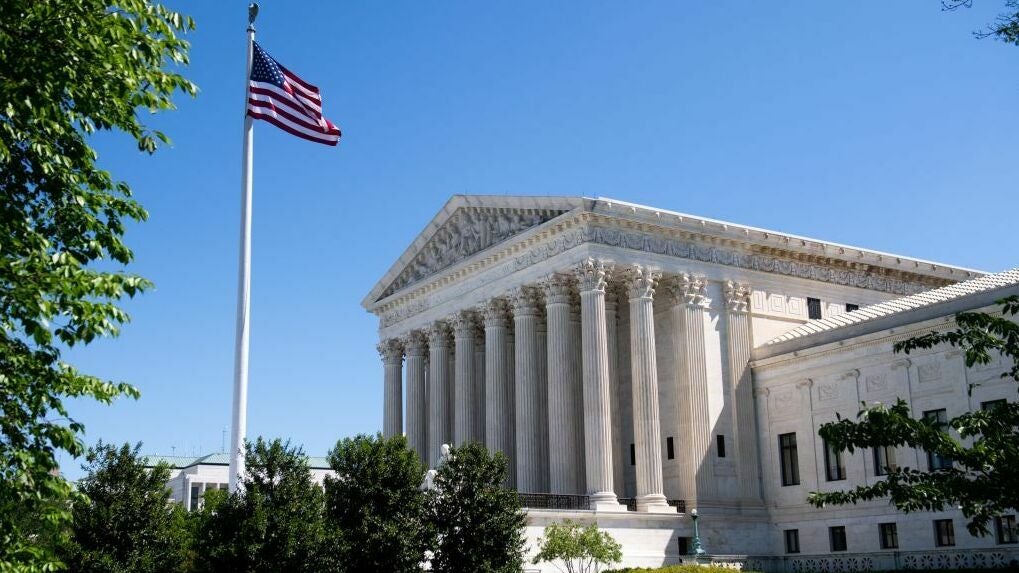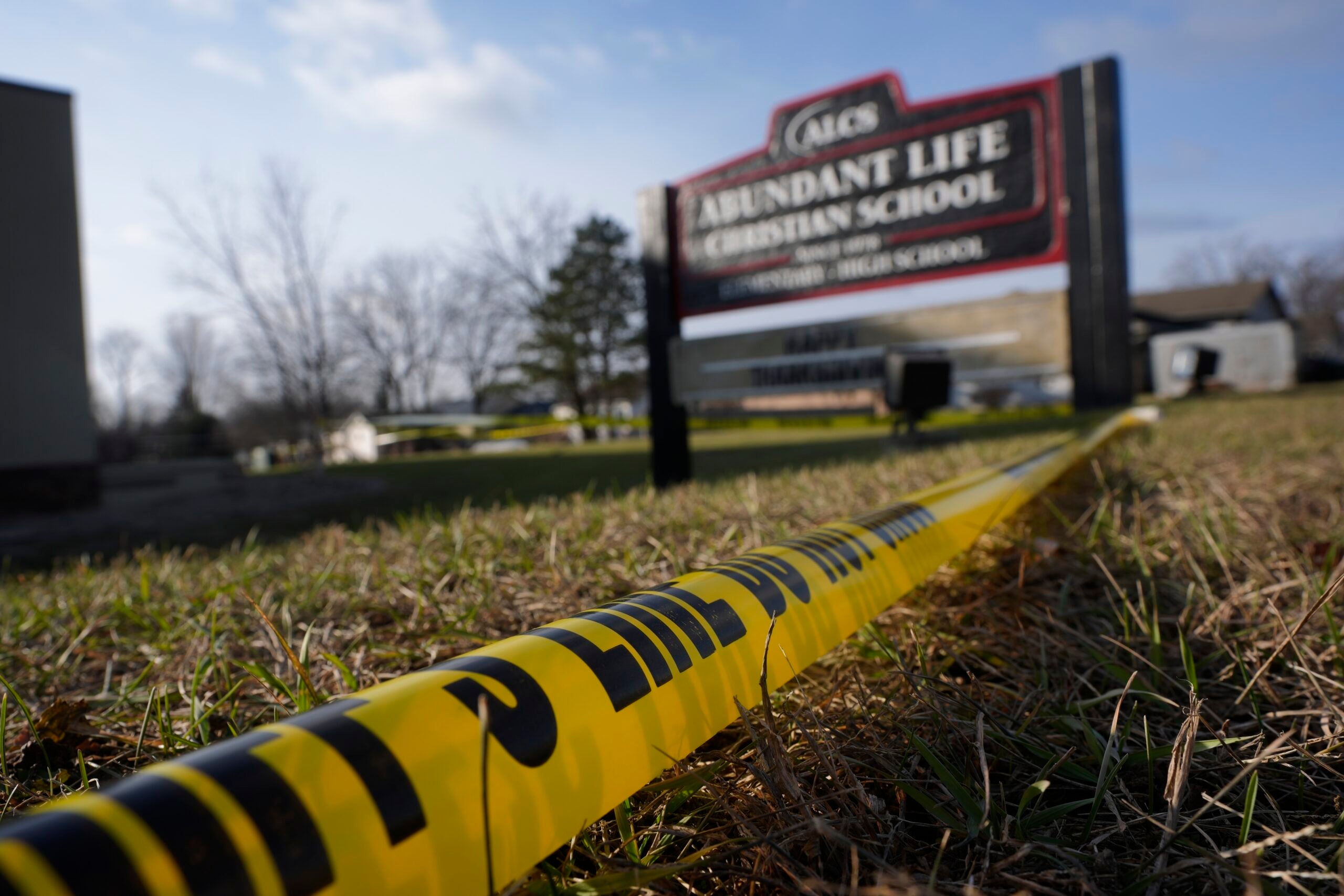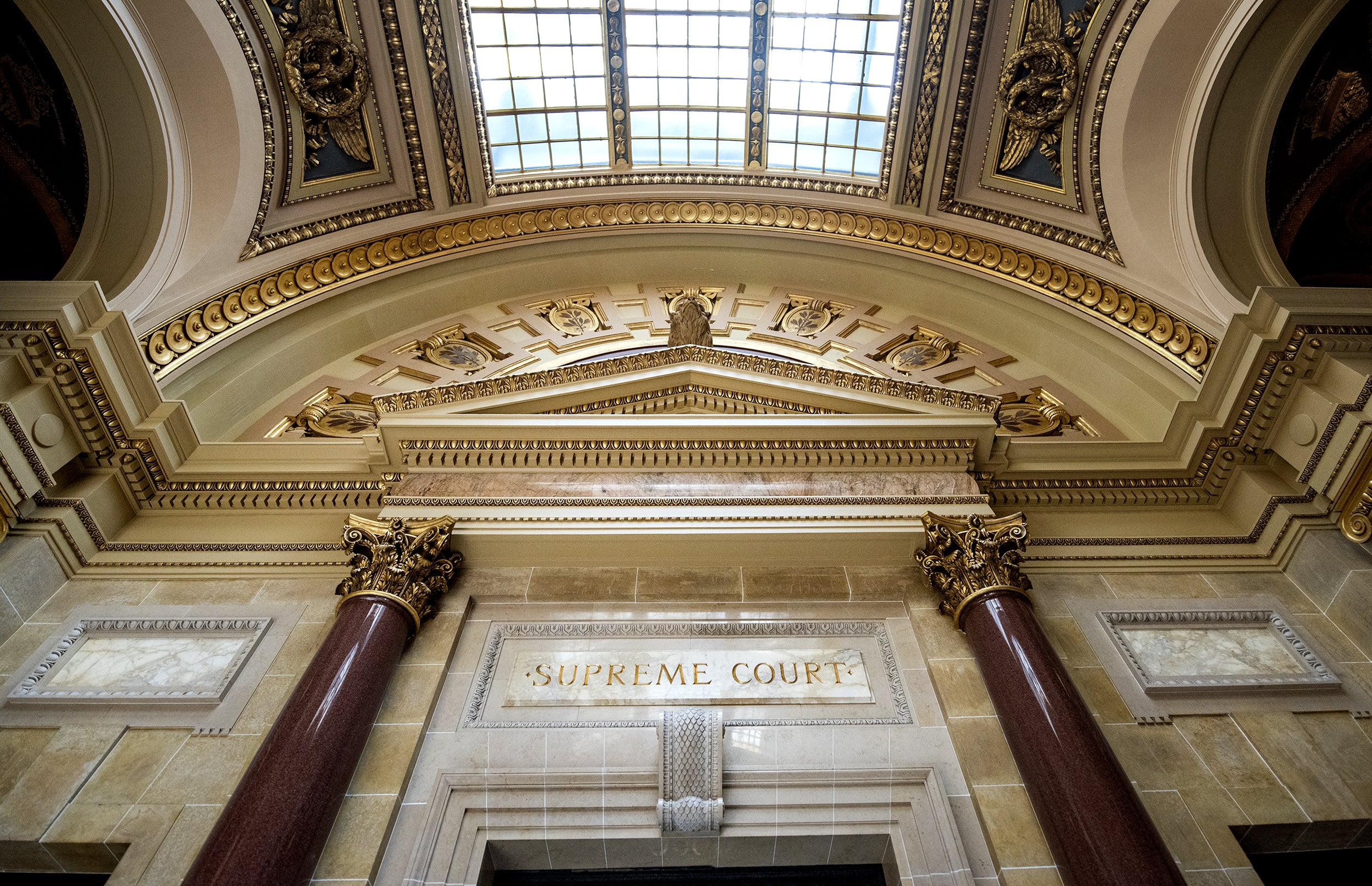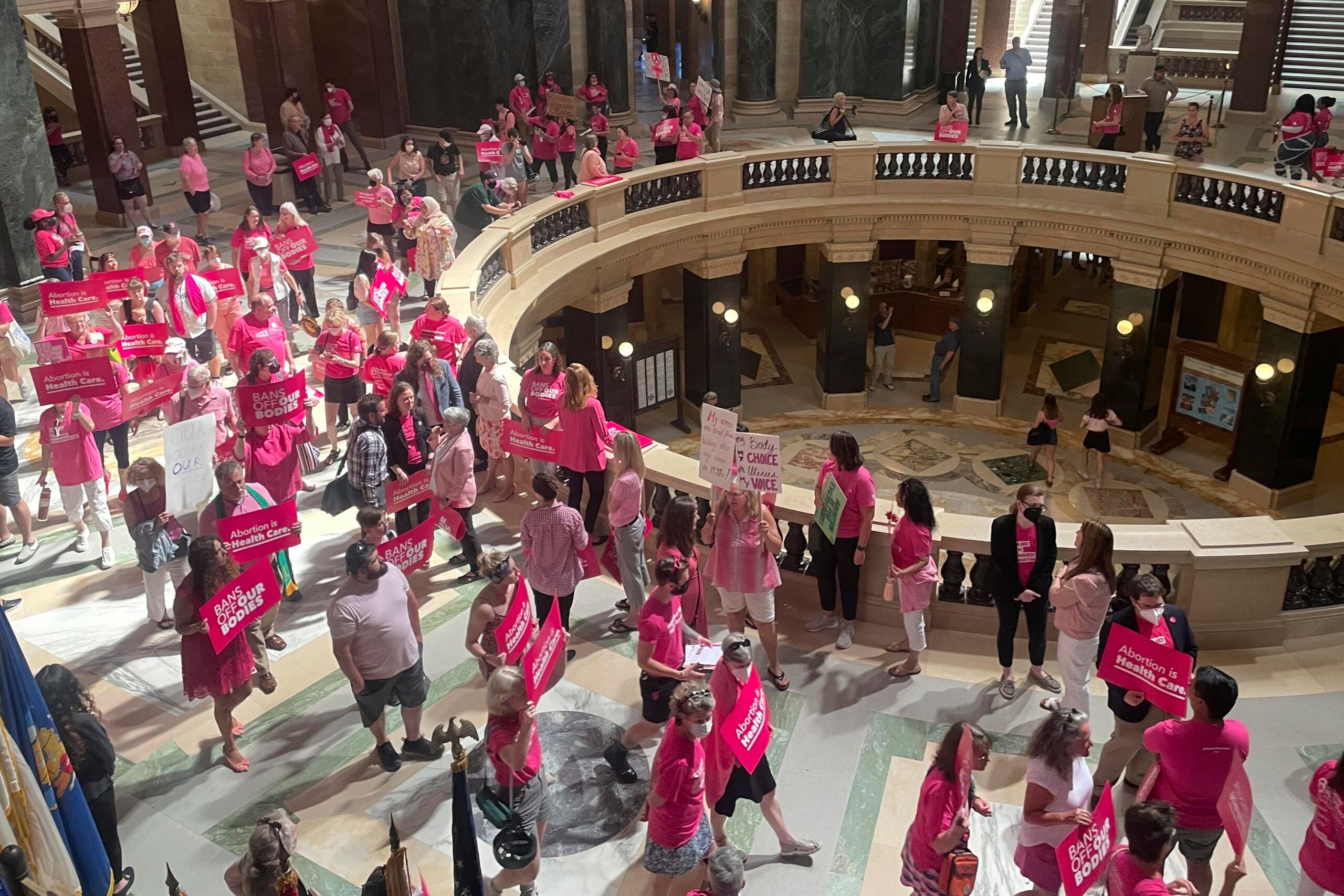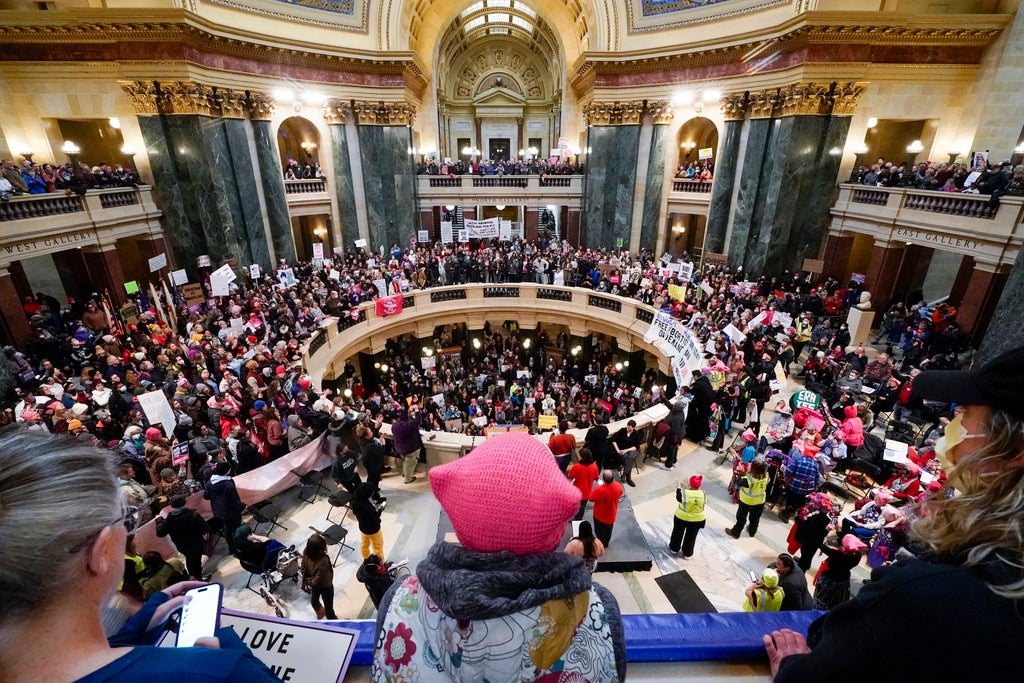The U.S. Supreme Court on Thursday left in place an Illinois ban on AR-15 semiautomatic weapons.
Two lower courts have upheld the law, andThursday’s Supreme Court action marked the second time in six months that the justices have declined to intervene.
Illinois passed the ban on assault weapons after the 2022 Independence Day parade shooting that left seven people dead and 48 wounded. The gunmen in the July 4th shooting fired 83 rounds in under a minute using an AR-15. The ban prevents people from owning semiautomatic weapons, such as the one used in that shooting, as well as magazines that enable handguns and rifles to fire off many rounds without reloading.
News with a little more humanity
WPR’s “Wisconsin Today” newsletter keeps you connected to the state you love without feeling overwhelmed. No paywall. No agenda. No corporate filter.
Last year, the Supreme Court’s conservative majority ruled that gun restrictions, in order to be constitutional, must be analogous to laws on the books at the nation’s founding. As a result, an Illinois gun retailer and a gun rights advocacy group challenged the state’s law, contending that the “ban is not consistent with the nation’s history and tradition of firearms regulation and fails constitutional muster.”
An ideologically mixed panel of the Seventh Circuit Court of Appeals upheld the law, however, writing that the Supreme Court’s recent decision on the right to bear arms “extends only to weapons in common use for a lawful purpose,” not to semiautomatic weapons that”are much more like machine guns and military-grade weaponry than they are like the many different types of firearms that are used for individual self-defense.”
Gun groups countered that the State’s ban on arms amounts to a prohibition of arms that “are chosen by millions of Americans for lawful purposes.”
The court’s action on Thursday, leaving the Illinois law in place, is not a decision on the merits of the case;as of now, there have been no conflicting decisions by lower appeals courts, and the justices may well have felt there was no need to intervene without such a conflict.
9(MDAyMjQ1NTA4MDEyMjU5MTk3OTdlZmMzMQ004))
© Copyright 2025 by NPR. To see more, visit https://www.npr.org.9(MDAyMjQ1NTA4MDEyMjU5MTk3OTdlZmMzMQ004))

